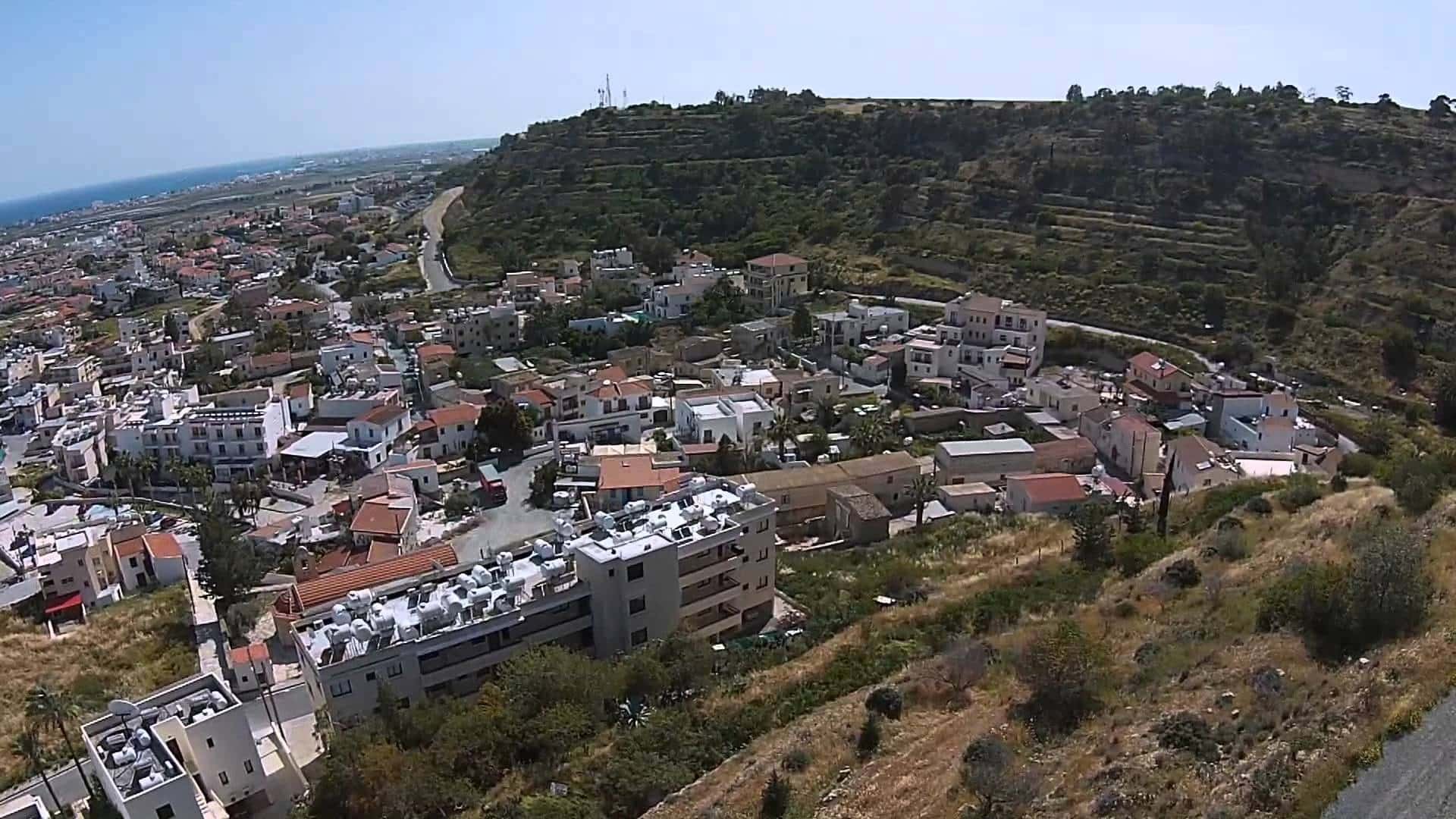Larnaca mayor Andreas Vyras has said that projects worth around €30 million are either under way or set to begin soon in the fast-growing municipal districts of Livadia and Oroklini.
Speaking to Philenews, Vyras explained that the municipality is prioritising projects that are already mature while preparing new ones to secure “a substantial development intervention” in Livadia and Oroklini, which he described as the city’s “most dynamic districts”.
Although key infrastructure schemes remain stagnant, he said, several projects are moving forward to improve the areas’ image.
Oroklini, home to residents from 33 nationalities, is pressing ahead with the regeneration of its historic core, a €3.5m project co-financed by the European Agricultural Fund for Rural Development (EAFRD).
Tenders will be announced in the coming days, Oroklini deputy mayor Neophytos Fakontis said, with work expected to begin in 2026. The restoration will cover several streets in the traditional centre, already known for its taverns, galleries and tourist accommodation.
Another major investment, the €17.5m third phase of the Larnaca–Dhekelia coastal road, is advancing but faces delays of about 10 months, according to the Public Works Department. The 3.5 kilometre upgrade will add four lanes, sidewalks, bike paths, green areas and roundabouts, with completion now set for March 2026.
By contrast, the planned extension of Oroklini’s coastal pedestrian walkway has been blocked by objections from a private individual accused of illegally expanding property into the beach protection zone.
Vyras warned that if a compromise is not reached, the municipality will take legal action.
Meanwhile, smaller schemes are progressing. Three parks will be renovated next month, lighting at the Oroklini stadium and Park of Europe will be replaced, and design work is under way for a 1,000-seat amphitheatre and a new multipurpose sports hall.
In Livadia, the pressure is greater as the area undergoes unprecedented development following the clearance of refinery sites.
After repeated delays, contracts are finally set to be signed for the €3m regeneration of the district’s core, including works on Makariou Avenue, new pavements, undergrounding of services and landscaping.
Deputy mayor Marios Armenis said further projects under preparation include the reconstruction of Ayia Paraskevi Park, redevelopment of the square of Ayias Paraskeyis (Plateia Agnooumenon), and expansion of the Kalamourgiki Memorial Museum.
An environmental park and a new regional primary school are already in progress, while smaller initiatives cover two park reconstructions, bus shelters worth €100,000 thousand and road paving budgeted at €300,000 thousand.
The €4m first phase of the beautification of flood-control channels is due by year-end, combining flood protection with plans for green areas and walking and cycling infrastructure.
Armenis cautioned that funding for the second phase must be secured immediately, otherwise the benefits will be lost.
The most pressing project, however, remains the extension of Panagouli Avenue. Classified as a road of primary importance, its expansion has been pending since 2009 despite rapid growth and traffic bottlenecks near two schools.
With an estimated cost of €12m, the scheme is not expected to start before 2028, almost two decades late. “People are at risk,” Armenis said, noting the absence of appropriate infrastructure is “a shame and unfair.”
According to Philenews, both districts are expanding faster than their basic infrastructure, leaving residents and local officials urging the central government to match investment with the pace of growth.






Click here to change your cookie preferences